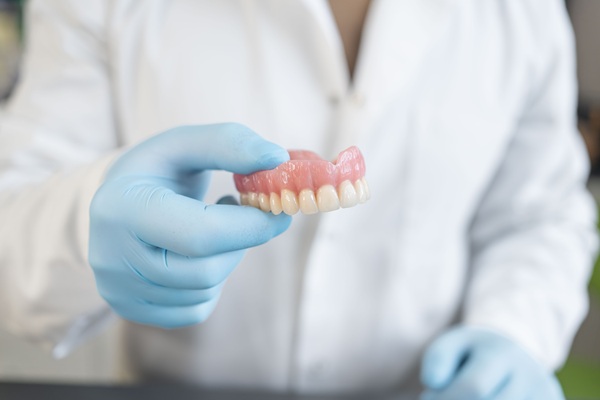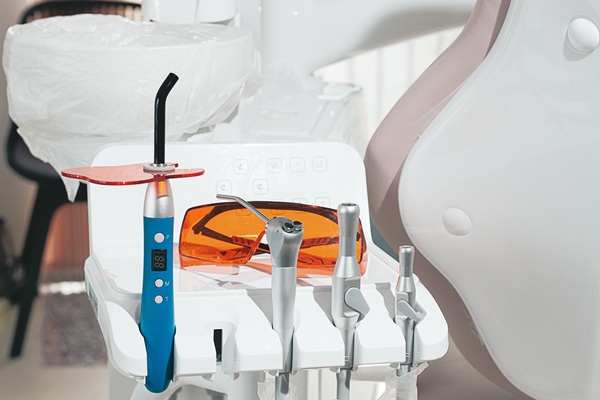 Considering dental implants? This method for replacing missing teeth is one that more and more dental professionals are recommending. However, with all things come a few downsides too. Keep reading to learn more about the pros and cons of dental implants.
Considering dental implants? This method for replacing missing teeth is one that more and more dental professionals are recommending. However, with all things come a few downsides too. Keep reading to learn more about the pros and cons of dental implants.
Dental implants: What to know
Outlined below are both the pros and cons of dental implants. This information should be reviewed by individuals who are considering having teeth replaced in any capacity.
The pros
There are many positive aspects to getting dental implants, as they are quickly becoming the standard for replacing missing teeth. First and foremost, dental implants offer individuals the ability to have teeth replaced in a secure and efficient manner. When used with prosthetics such as dentures, the individual will appear to have a full natural set of teeth. The implants keep the dentures in place, which eliminates sliding and awkward gripping.
Another great thing about dental implants is that they prevent the bone from deteriorating beneath the gums. When teeth decay or are pulled, the bone beneath that is connected to the jaw can often also deteriorate over time. This can cause structural problems, which can lead to discomfort and the need for other procedures later on. Dental implants keep that bone stimulated, thus preventing deterioration.
The cons
While there are not necessarily any cons to dental implants, there are a few downsides that are important to know when considering replacing missing or dying teeth.
For example, the dental implant process is not quick. Instead, it does take months because, after the initial placement, the bone has to physically fuse with the implant. This can take anywhere from two to six months depending on the number of implants that are placed as well as one's ability to heal. Once the fusing process has been completed, the dental implant has to have an abutment and an actual prosthetic tooth placed. The abutment connects the implant to the denture piece, crown, or bridge. Each of the prosthetic options also has to be custom-made by a dental lab, which can take a few more weeks. While a lengthy process is not necessarily bad, it can be viewed as a con to someone trying to have their teeth replaced immediately.
The other downside of getting dental implants is that oral surgery is required. Unlike with dentures or bridges, dental implants have to be physically placed beneath the gums, which does require a surgical operation. With this comes the need to take time to rest and heal. Additionally, the mouth may be sore for a few days, making things such as eating challenging.
Find out more from a dental implant specialist
Not every dentist is equipped to offer dental implants, as the process does require in-depth oral surgery. With that being said, it is important to consult with dental professionals who offer implant services. They will be able to answer questions and go over any existing concerns. From there, an evaluation can be performed to determine the smartest treatment route. To find out more or to get scheduled for a consultation appointment, reach out today.
Request an appointment or call Dental Partners Copperhill at 423-241-6102 for an appointment in our Copperhill office.
Related Posts
Curious about when root canals are needed? Read on to learn more about this dental treatment. Severe tooth decay or root and pulp infections can necessitate a dental procedure known as a root canal. Although some patients may harbor concerns about this treatment, it plays a vital role in salvaging damaged teeth. By opting for…
Dentures are a reliable solution for restoring proper oral function after tooth loss. While dental implants have gained popularity in recent years, dentures continue to be an effective treatment method for many people looking to repair their smiles. The following blog explores the pros and cons of dentures versus dental implants, highlighting why dentures are…
Dental fillings are one of the most common ways that cavities are treated by dentists. For cavities that are mild to moderate, dental fillings are the most appropriate route to take. Additionally, it is one of the most straightforward procedures to perform. With that, it is helpful to have an understanding of what goes on…


